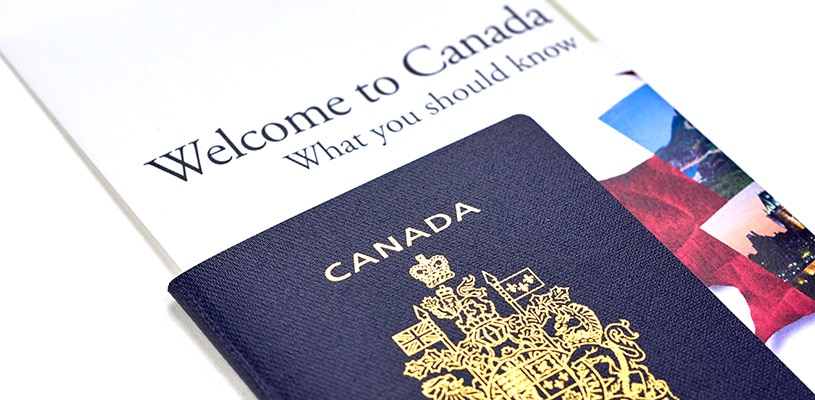Many prospective Canadian citizenship applicants have been holding off their applications pending the enactment of Bill C-6, an Act seeking to amend the Citizenship Act, introduced by the new Liberal Government. The previous Conservative Government had enacted stringent rules that had the effect of restricting access to Canadian citizenship.
According to Ahmed Hussen, the Immigration Minister, who was speaking in an interview with the Toronto Star, “Citizenship is the last step in immigrant integration. Those unnecessary obstacles put in place by the previous government are hurting us as a country. We are proud of these changes and are excited about it.”
According to Government data, in the latest year only 108,635 people applied for Canadian citizenship. This was almost 50% down from the yearly average of 200,000 applications in the past few years.
The bill received Royal assent on the 19th of June, 2017. Some of the changes took effect on 19th June, some in 11th October, and others will become effective in early 2018. Among these are language and residency rules.
3 Out Of 5 Years Residency Requirements, Down From 4 Out Of 6
As from 11th October, 2017, permanent residents need to have been physically present in Canada for only 3 out of 5 years before they are eligible to apply for Canadian citizenship. Before this, the residency period was set at 4 out of 6 years. The Act has also repealed a requirement that an applicant must have been physically present in the country for 183 days in at least 4 years out of 6.
With these changes, prior time spent in the country will count. Applicants will now count each day that they are in Canada as a protected person or a temporary resident (before permanent resident status) as a half-day and this will impact on the physical presence requirement. Note this is up to a maximum on 364 days.
New Age Requirements For Knowledge And Language Tests
Applicants who are aged 55 years and over are no longer required to take knowledge and language tests. The law now states that if you are between 18 and 54 years old, you must prove you have adequate French or English knowledge if your application is to go through. You will be required to send a language proof (an acceptable document such as a diploma, certificate, or transcript showing you took the course in French or English) and this must be legible (contact a reliable Canadian immigration lawyer to help you). This is down from the previous 14 to 64. This change will kick-off on 11th October, 2017.
Other Notable Changes
- As from 19th June, 2017, applicants will no longer have to declare that they will continue living in the country once they are given citizenship. It was a requirement to state this on the application under the previous law.
- As from 19th June, 2017, a minor can apply for Canadian citizenship even when his/her parents have not applied.
- As from 19th June, 2017, a custodian of a minor can apply for citizenship on the minor’s behalf.
- As from 19th June, 2017, the law now requires that the needs of disabled applicants be accommodated.
- As from 11th October, 2017, the filing of Canadian income taxes has been aligned with the new residency requirements (3 out of 5 years).
- As from early 2018, Citizenship Officers will be allowed to seize fraudulent or suspect paperwork.
- As from early 2018, Citizenship revocation decision-making will move from the Minister to the Federal Court.























